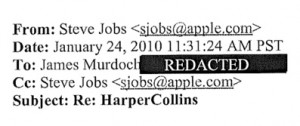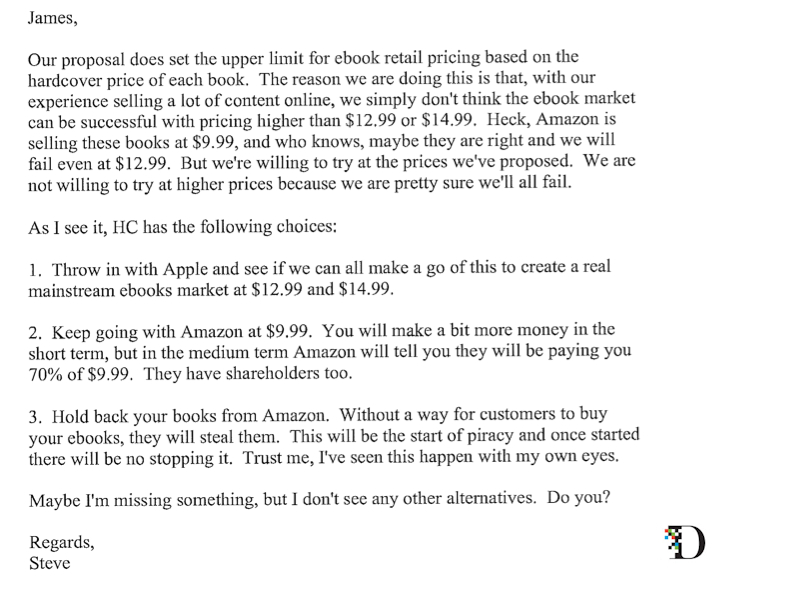Hmmm… Not sure how seriously I take this.
Credit Suisse released a report on Friday about the outlook for the wearable technology market arguing that it’s already a $3-$5 billion market today and claiming that in the next two to three years it could increase to $30-$50 billion.
That means more smartwatches, fitness monitors, shoes, and headsets.
Smartphones are one of the key driving forces behind the expected growth in wearable tech, acting as a hub that keeps all of our devices connected. Over time, wireless devices will become even more popular as hardware improves, and sensors and batteries get better.
With Apple and Google dominating the install base of smartphone operating systems — iOS and Android respectively — they are in two of the best positions to leverage the wearable tech market.
Here are some key stats and info from the report:
There are more than 250 million installed mobile operating systems that can support wearable technology.
An iWatch could generate $10 billion a year in revenue with an EPS of $3.30. There are currently only nine smartwatches available today.
Watches are a $56 billion market.
Regarding retail impact, Nike, Adidas, and Under Armour have best leveraged wearables to enhance the fitness experience and efficacy of their products.
The health and fitness market is about $2-$3 billion.
By 2020, batteries are expected to be 2.2x more powerful.
I smell boosterism here.





